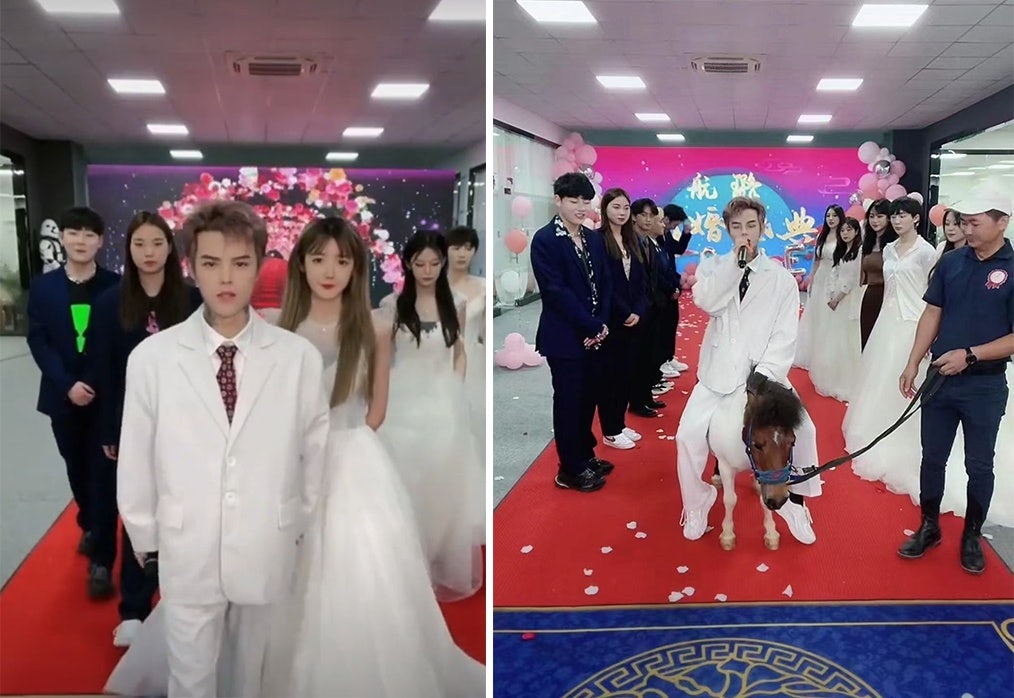What happened
Kuaishou, China’s second-most popular short video platform after Bytedance’s Douyin, has banned the livestreamer Yin Shihang. He has been reprimanded for hype-driven sales, vulgar performances, and false advertising during a broadcast on a recent Saturday. The anchor, who enjoys eight million followers on Kuaishou, billed the livestream event as an engagement proposal to his girlfriend Tao Lulu. This marketing tactic attracted particular attention and the broadcast was among the top-trending on the social site nationally. However, the engagement did not go ahead and instead, it turned into a five-hours sales event — netting sales of 7.2 million. It is not the first time Yin had used this marketing tactic to attract viewers for his broadcast. Netizens called this out as false advertising, and Kuaishou received over 230,000 complaints.

The Jing Take
Recently, livestreaming marketing has surged in popularity, especially among brands like L’Oréal, Nike, and Dyson. As of December 2020, China’s livestreaming audience reached 617 million, up 57 million since March of the same year. The number of anchors on China’s biggest platform, Taobao, also increased by 661 percent in 2020.
Yet, the sector has been under scrutiny from China’s market regulators amid concerns about increasing poor quality products and misleading advertising. Last week, a list of 41 livestream anchors were banned from broadcast rooms and related platforms. And since 2020, social sites like Douyin, Kuaishou, and Little Red Book have all rolled out community guidelines.
The good news is these reforms are helping platforms clean up and these campaigns are allowing them to build more genuine sites for brands and consumers to safely purchase. However, livestreaming is increasingly becoming part of netizens' consumption habits. The nascent sector still requires brands’ scrutiny over the selection of anchors and platforms to avoid any potential for backfire.
The Jing Take reports on a piece of the leading news and presents our editorial team’s analysis of the key implications for the luxury industry. In the recurring column, we analyze everything from product drops and mergers to heated debate sprouting on Chinese social media.


